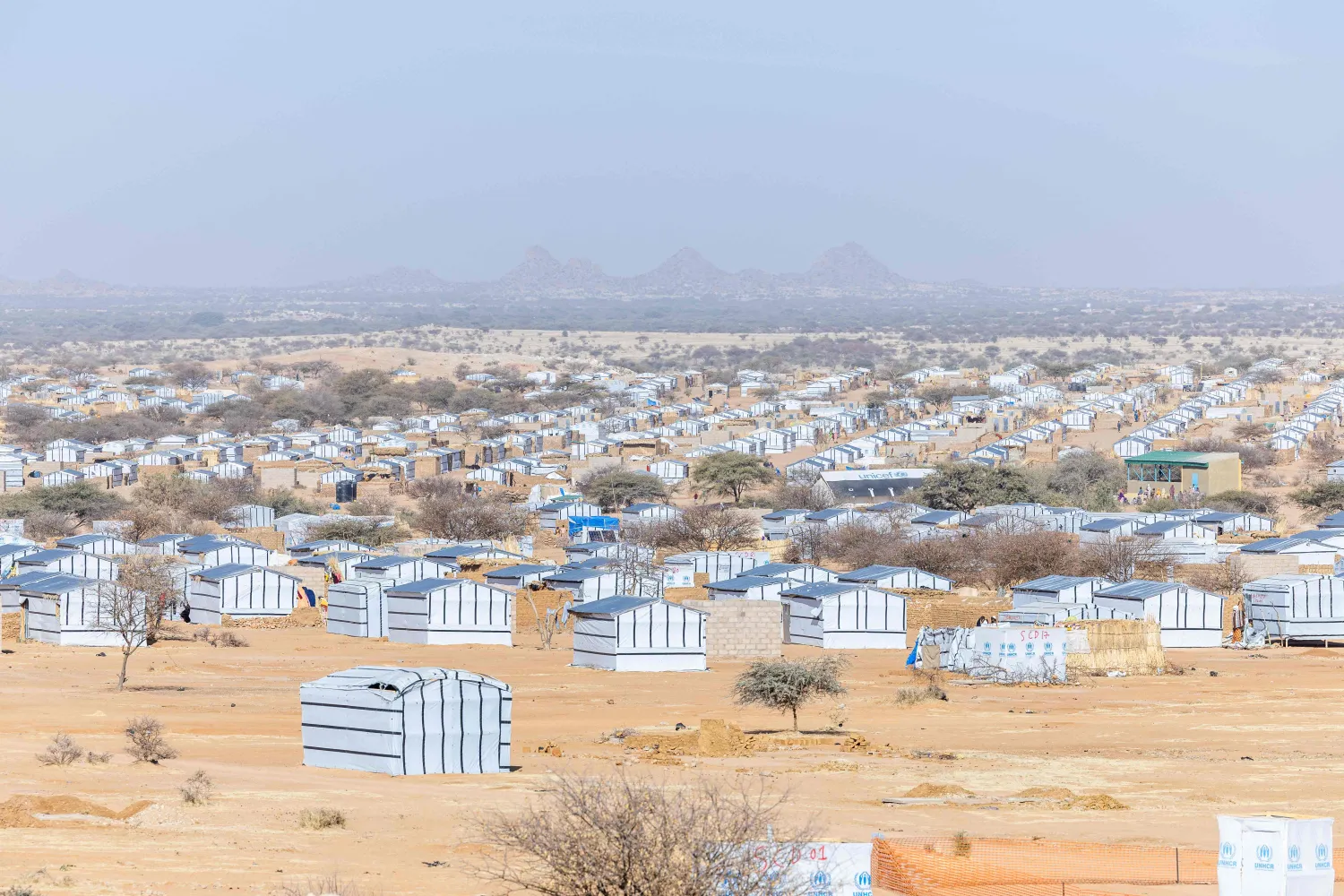The Organization of Islamic Cooperation (OIC) has welcomed the adoption of a historic resolution by the UN General Assembly, affirming the advisory opinion of the International Court of Justice (ICJ) on the illegality of the Israeli occupation. The resolution calls on Israel to end its presence and dismantle its illegal colonial settlements in Palestinian territories within a maximum of 12 months.
The OIC considered this resolution a reflection of the international consensus on the justice of the Palestinian cause and the unwavering support for the legitimate rights of the Palestinian people, including their right to self-determination and the establishment of an independent, sovereign state within the 1967 borders, with East Jerusalem as its capital, SPA reported.
The OIC urged all nations to fulfill their responsibilities and take individual and collective measures to ensure Israel's compliance with its obligations under international law and relevant international resolutions, including the ICJ's advisory opinion. The organization also called for justice, international protection for the Palestinian people, and an end to the Israeli occupation and colonial settlements.
The OIC reiterated that the Palestinian issue remains a priority on its agenda and political efforts, particularly during the 79th session of the UN General Assembly.
The organization expressed its support for calls to convene an international conference to implement relevant UN resolutions on Palestine and the two-state solution as part of broader global efforts to achieve a just, lasting, and comprehensive peace in the region.









